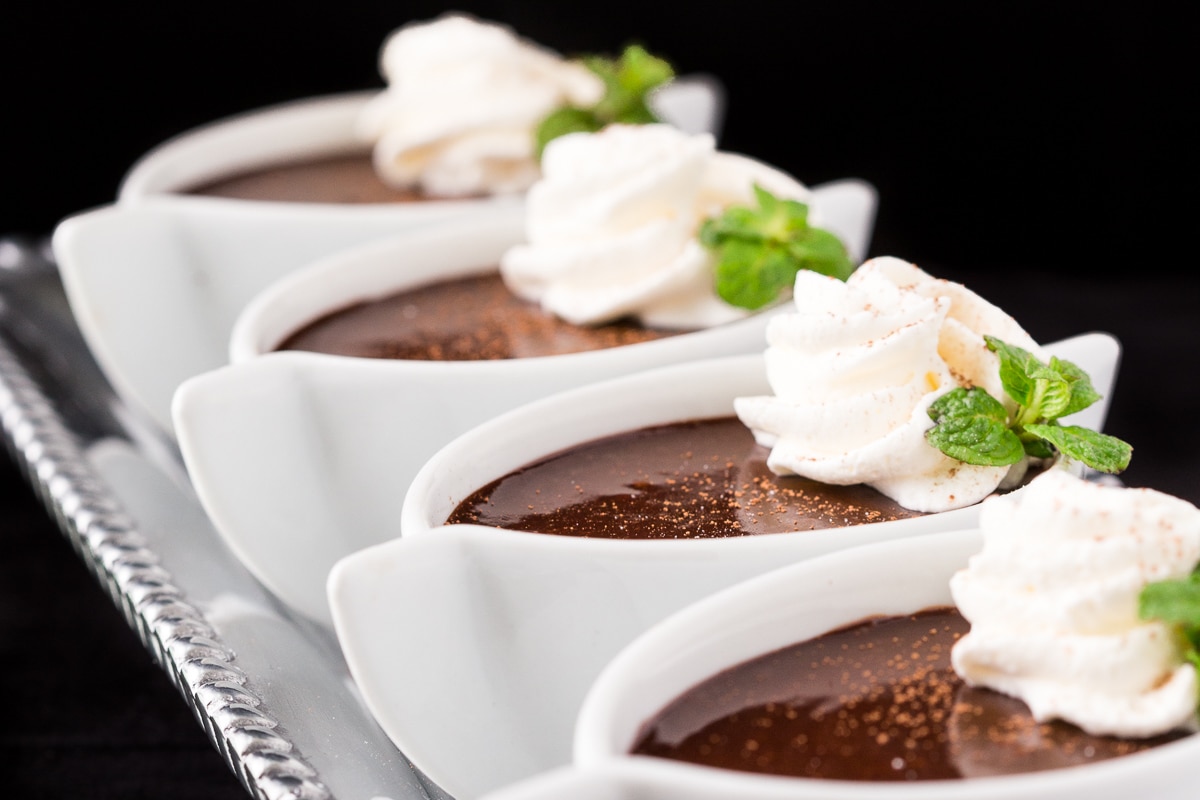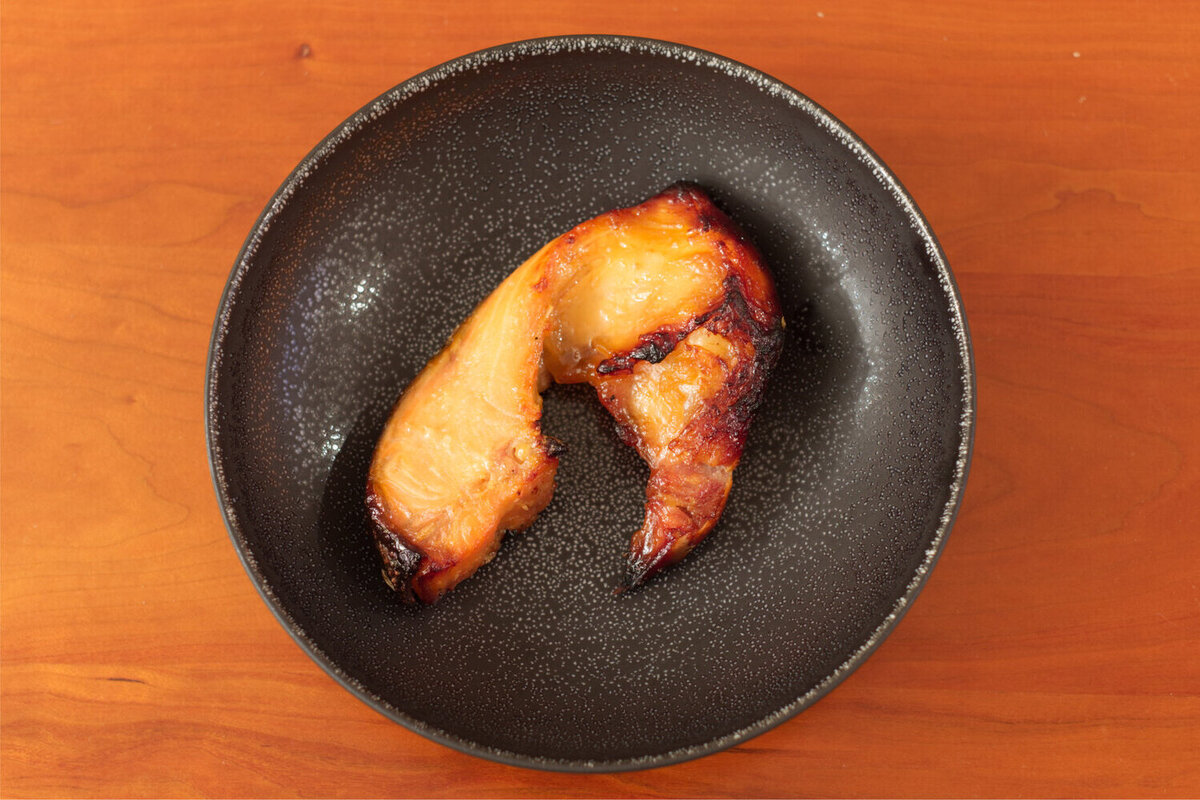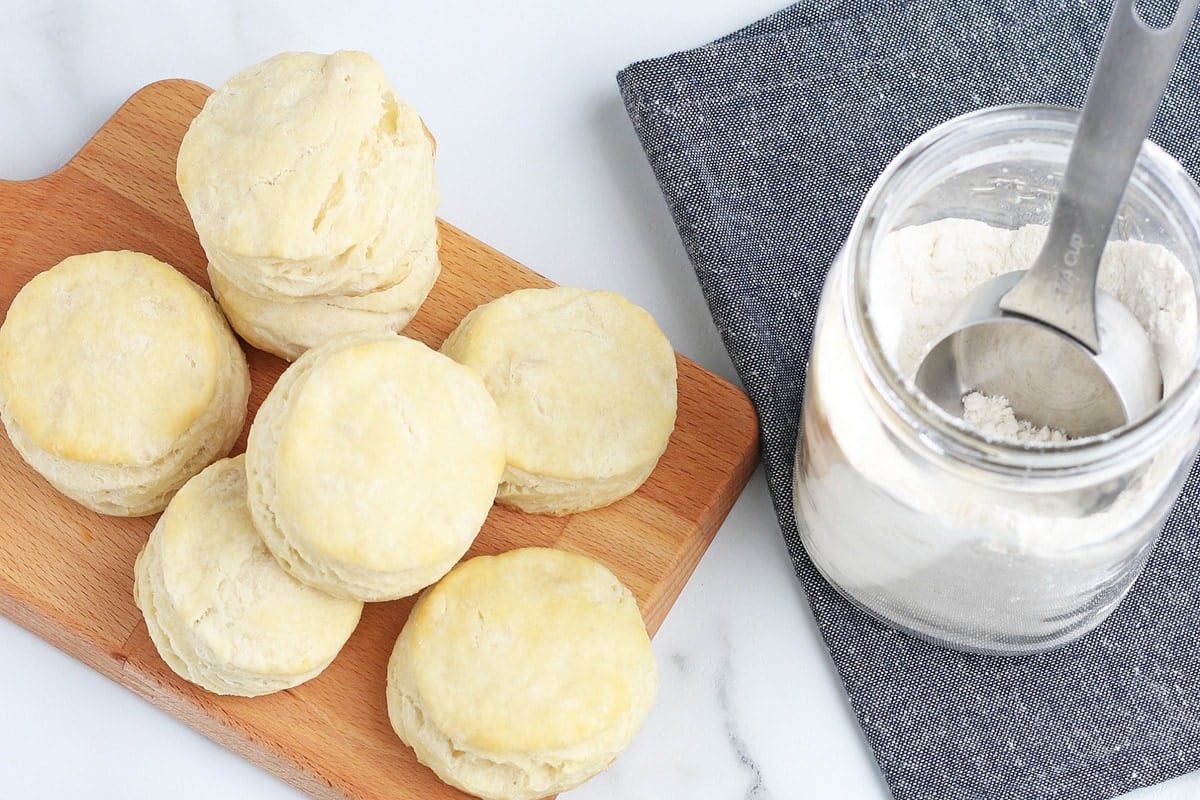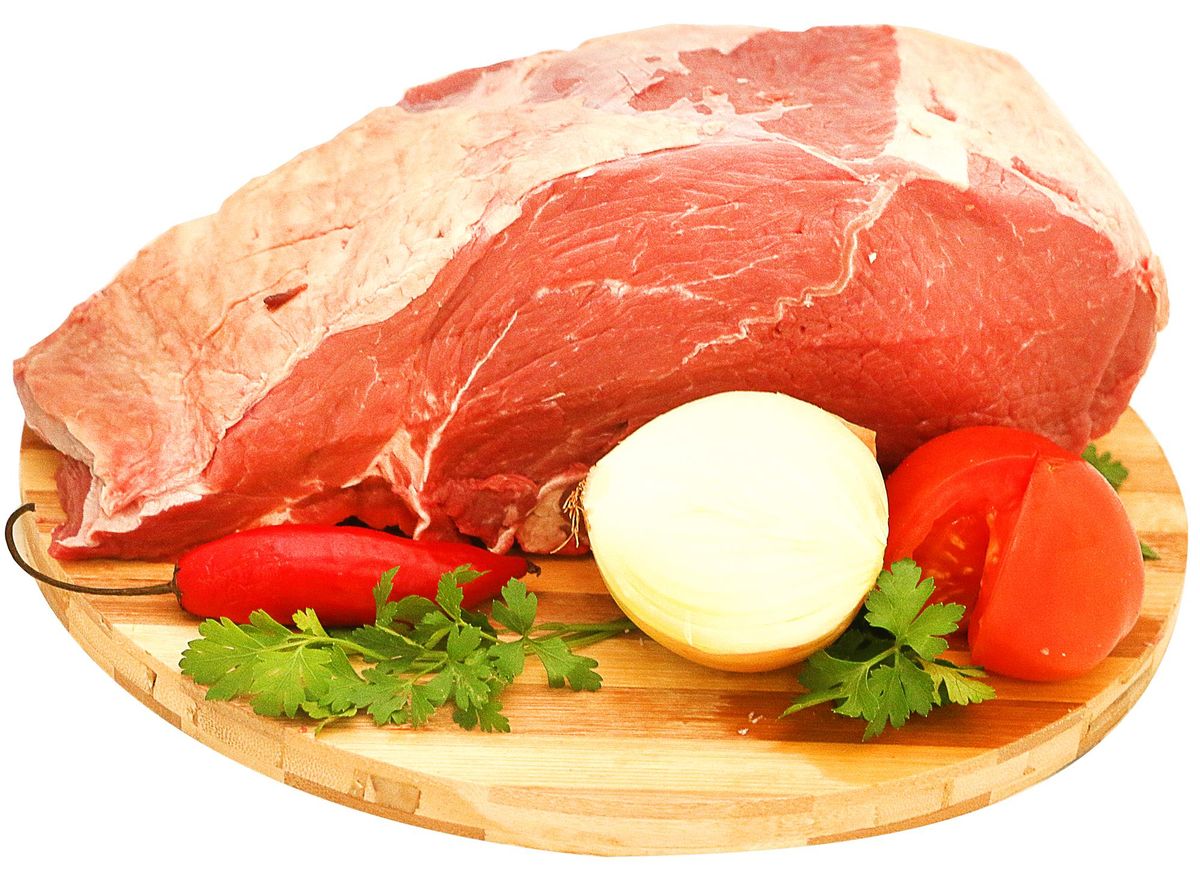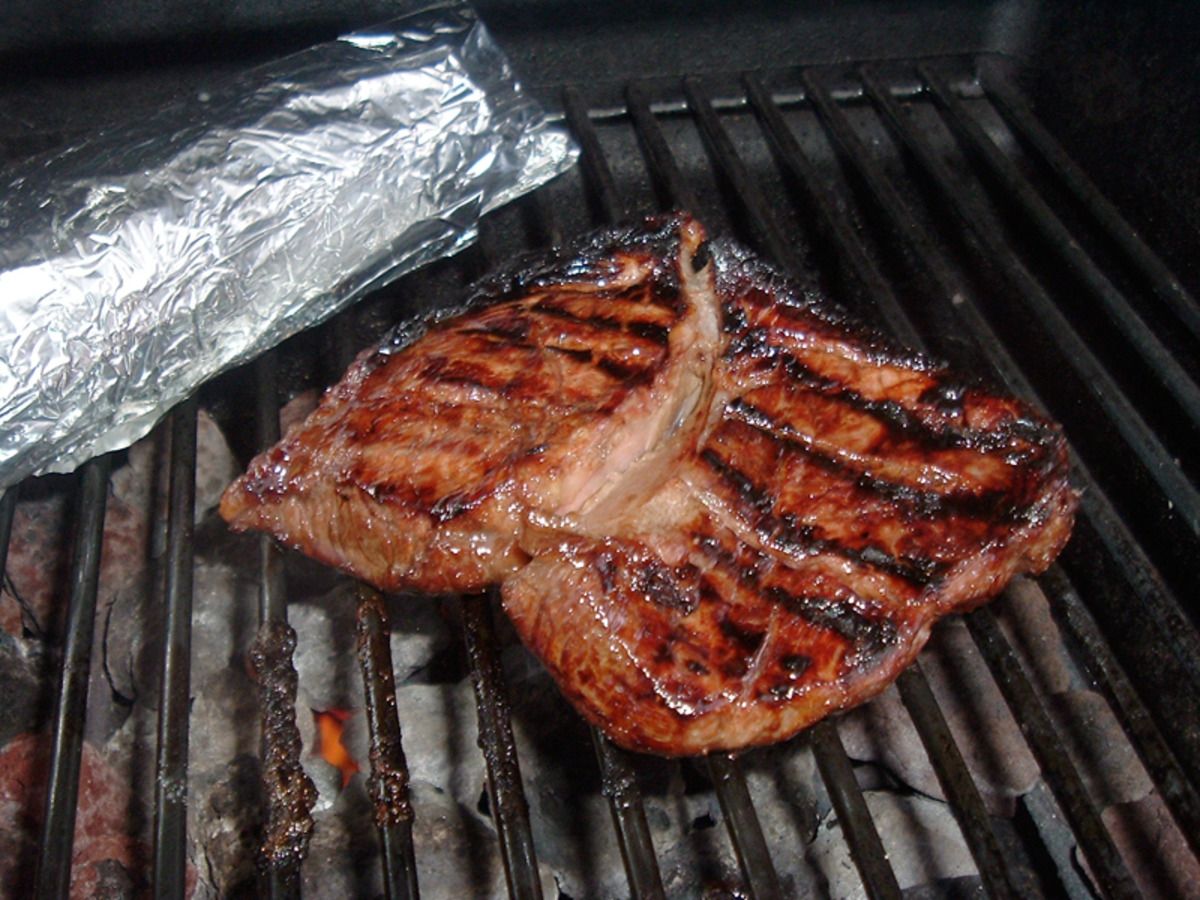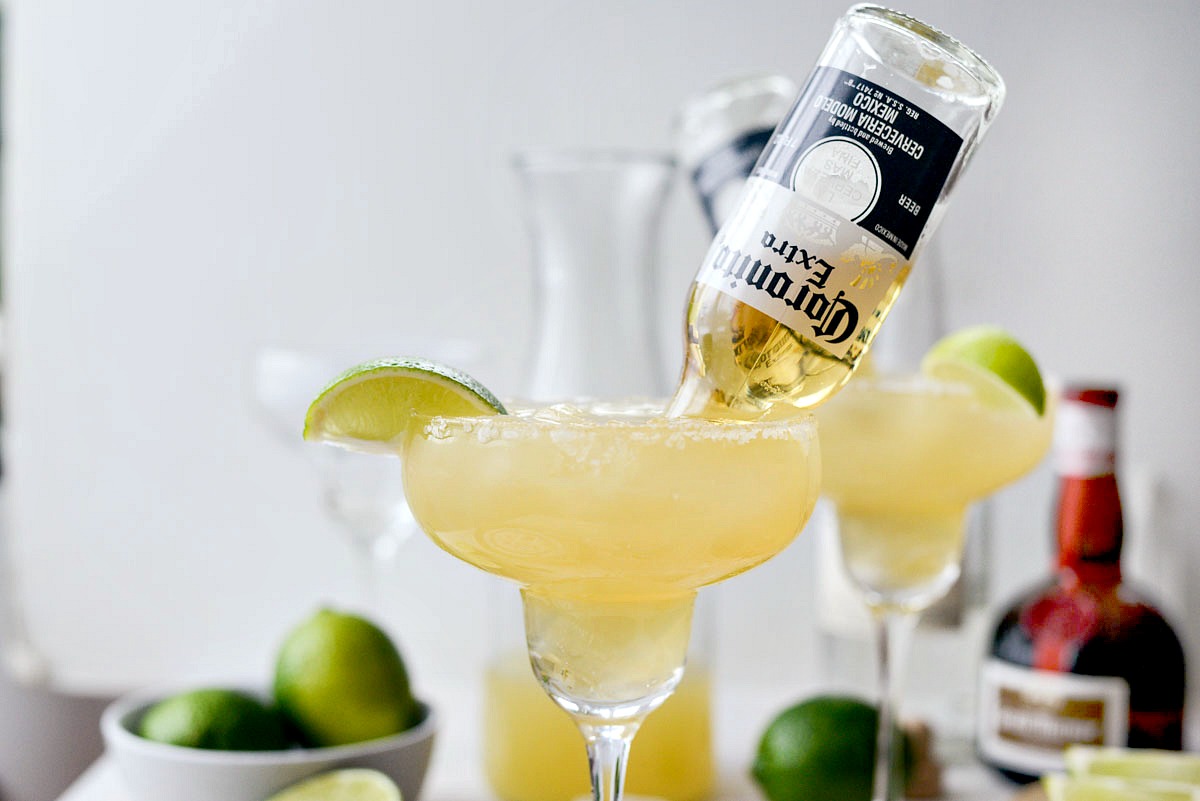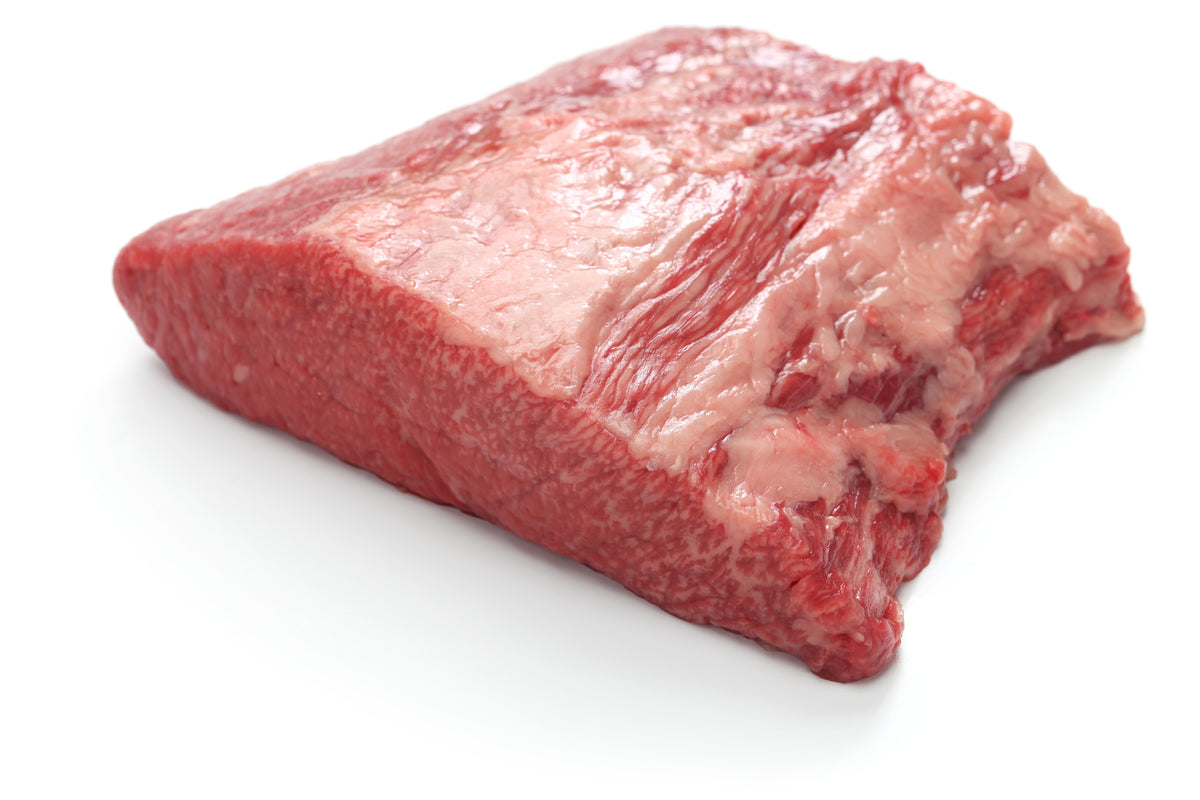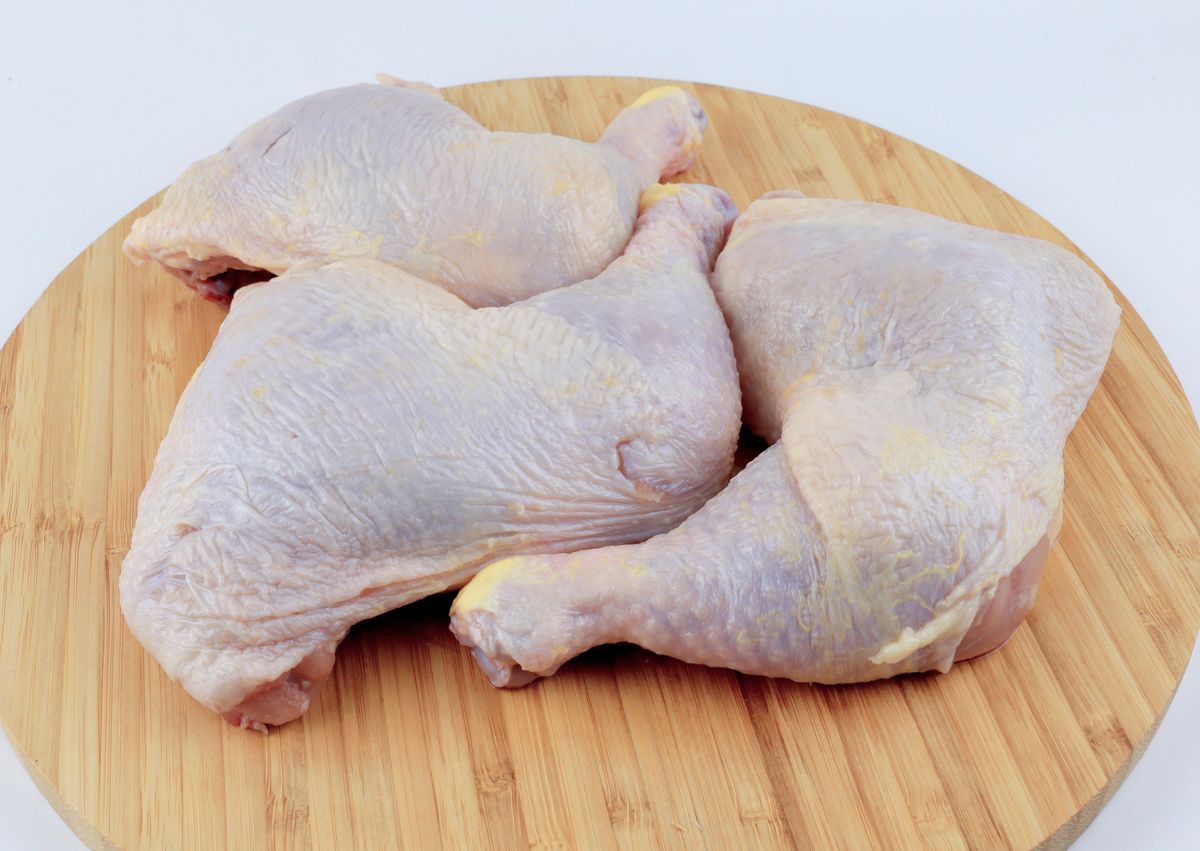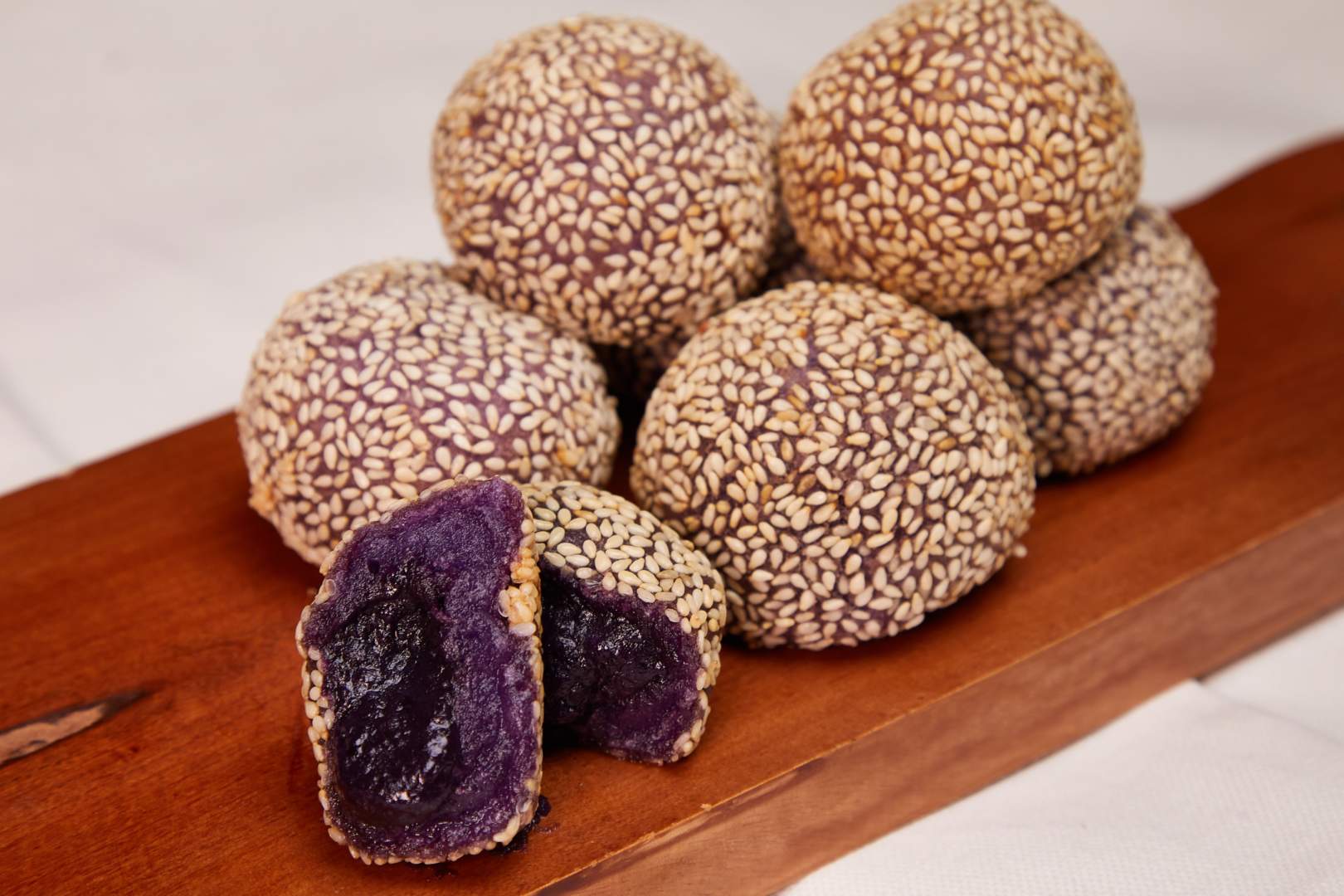Understanding Corn Powder: A Versatile Ingredient
Corn powder, also known as corn flour, is a staple ingredient in many cuisines around the world. It is made by grinding dried corn kernels into a fine, powdery substance. This versatile ingredient has a wide range of culinary uses and is a popular choice for both savory and sweet dishes.
Uses of Corn Powder
Corn powder is commonly used as a thickening agent in soups, stews, and sauces. Its fine texture allows it to create a smooth consistency without altering the flavor of the dish. Additionally, it is a key ingredient in the production of corn tortillas, tamales, and other traditional Mexican dishes.
Furthermore, corn powder is a popular choice for baking. It can be used to make cornbread, muffins, and other baked goods. Its slightly sweet flavor and ability to add moisture to baked goods make it a versatile and valuable ingredient in the kitchen.
Nutritional Benefits
Corn powder is a good source of carbohydrates and provides a moderate amount of protein. It is naturally gluten-free, making it a suitable option for individuals with gluten sensitivities or celiac disease. Additionally, it contains essential nutrients such as iron, magnesium, and B vitamins, which are important for overall health and well-being.
How to Use Corn Powder in Cooking
There are numerous ways to incorporate corn powder into your cooking. Here are some popular methods:
- As a thickening agent in soups, stews, and sauces
- In baking to make cornbread, muffins, and other baked goods
- As a coating for fried foods to add a crispy texture
- As a binding agent in veggie burgers and meatloaf
When using corn powder, it is important to follow recipes carefully to achieve the desired texture and flavor in your dishes.
Where to Buy Corn Powder
Corn powder can be found in the baking aisle of most grocery stores. It is typically sold in small bags and is relatively inexpensive. Additionally, it can be purchased from specialty food stores or online retailers for those seeking organic or non-GMO options.
In Conclusion
Corn powder is a versatile and valuable ingredient that can enhance the flavor and texture of a wide variety of dishes. Whether used as a thickening agent, a gluten-free alternative in baking, or a coating for fried foods, its culinary applications are endless. With its nutritional benefits and widespread availability, corn powder is a must-have pantry staple for any home cook.
Was this page helpful?
Read Next: What Is Broiling
